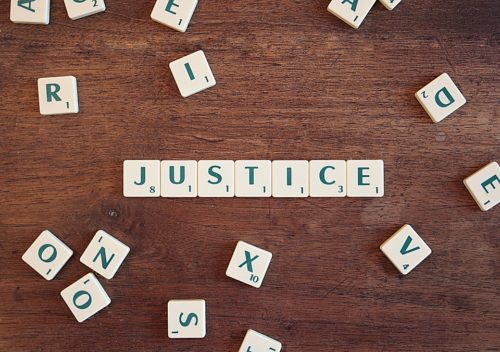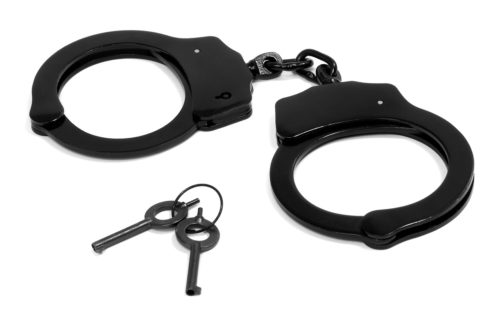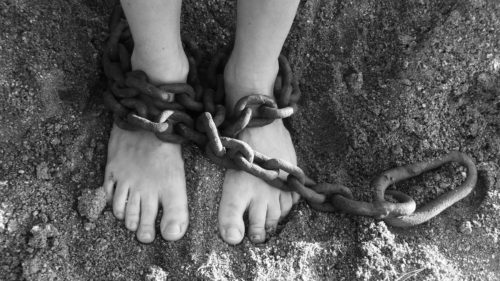
The rule in Kienapple prevents multiple convictions for the same criminal act. It is based on the legal maxim “nemo bis vexari as well as nemo bis puniri”, which means “no-one shall be tried or punished twice in regards to the same event.” In instances where an accused is convicted […]
Read more ›
When a person is convicted at trial or enters a guilty plea, he or she will receive one of the following sentences: discharge – absolute or conditional suspended sentence fine alone fine and probation conditional sentence order prison prison and probation intermittent sentence intermittent sentence and probation The sentence an […]
Read more ›
The first drug treatment court (DTC) was established in Toronto in 1998. The idea was to bring together professional treatment services for those involved in the criminal justice system in order to effectively address offenders’ drug additions. Soon after a drug treatment court was developed in Vancouver, Edmonton, Winnipeg, Ottawa […]
Read more ›
Sometimes in our law courts, accused individuals enter guilty pleas then later wish to have the guilty plea withdrawn. A guilty plea is a formal admission of guilt. When an accused enters a guilty plea they are waiving their right to require the Crown to prove the offence beyond a […]
Read more ›
Having a criminal record can feel like being a chained prisoner, with lasting impacts on employment and travel opportunities. However, in Canada, individuals who have demonstrated themselves to be law-abiding citizens can apply for a record suspension, formerly known as a pardon, which sets aside their criminal record from the […]
Read more ›
The youth criminal justice system operates differently from the adult criminal justice system, recognizing the reduced maturity of young offenders. Rehabilitation and privacy protection are key principles of the Youth Criminal Justice Act, which aims to provide enhanced procedural safeguards for youth. One important aspect of youth criminal records is […]
Read more ›